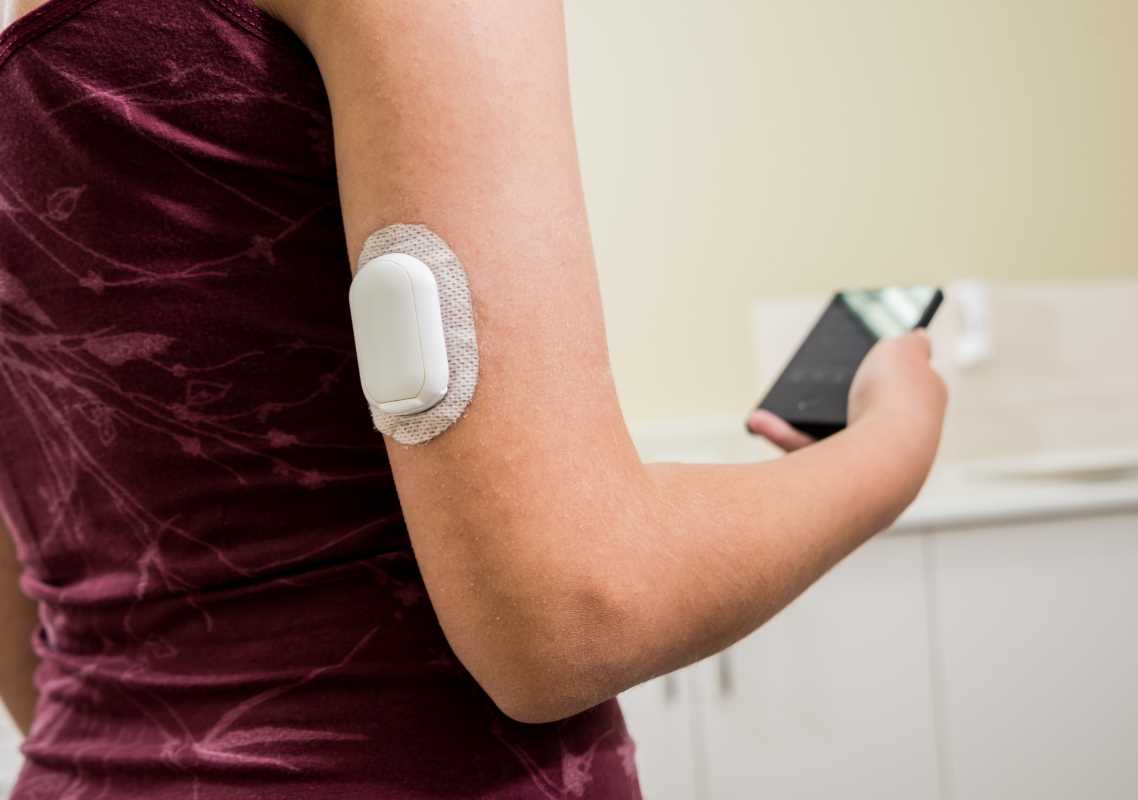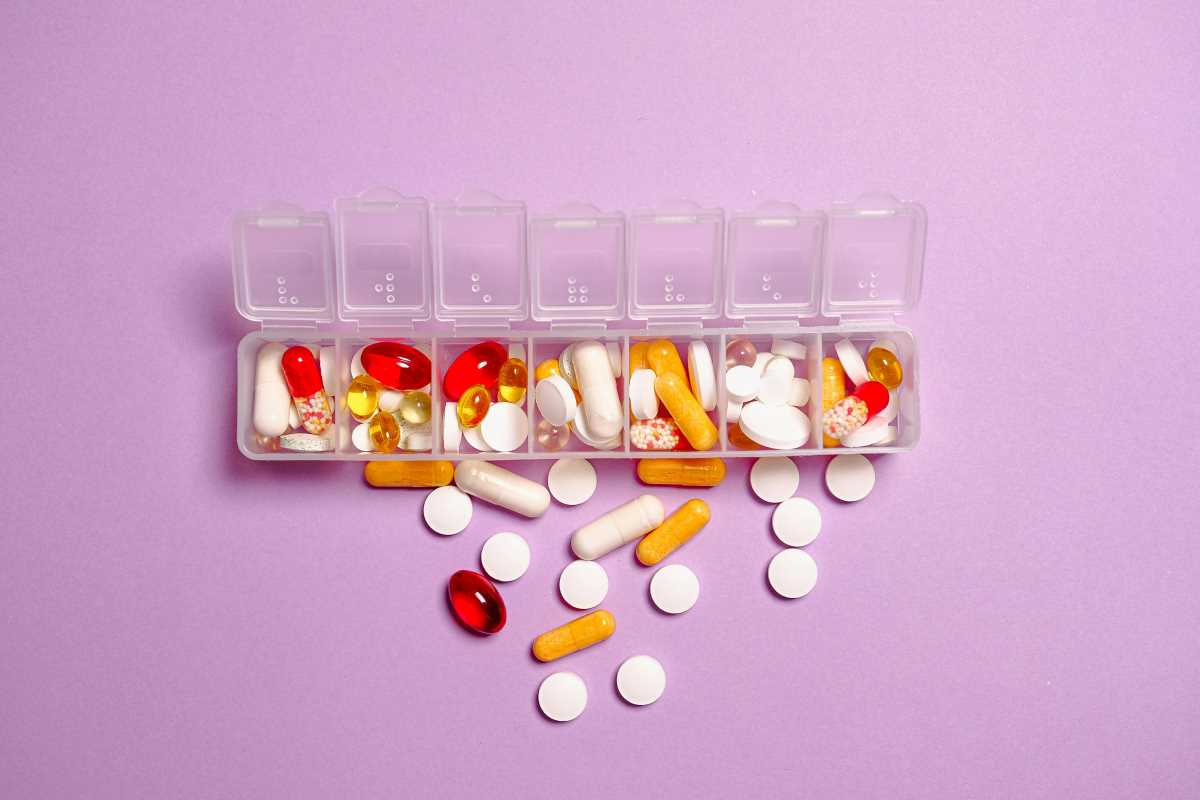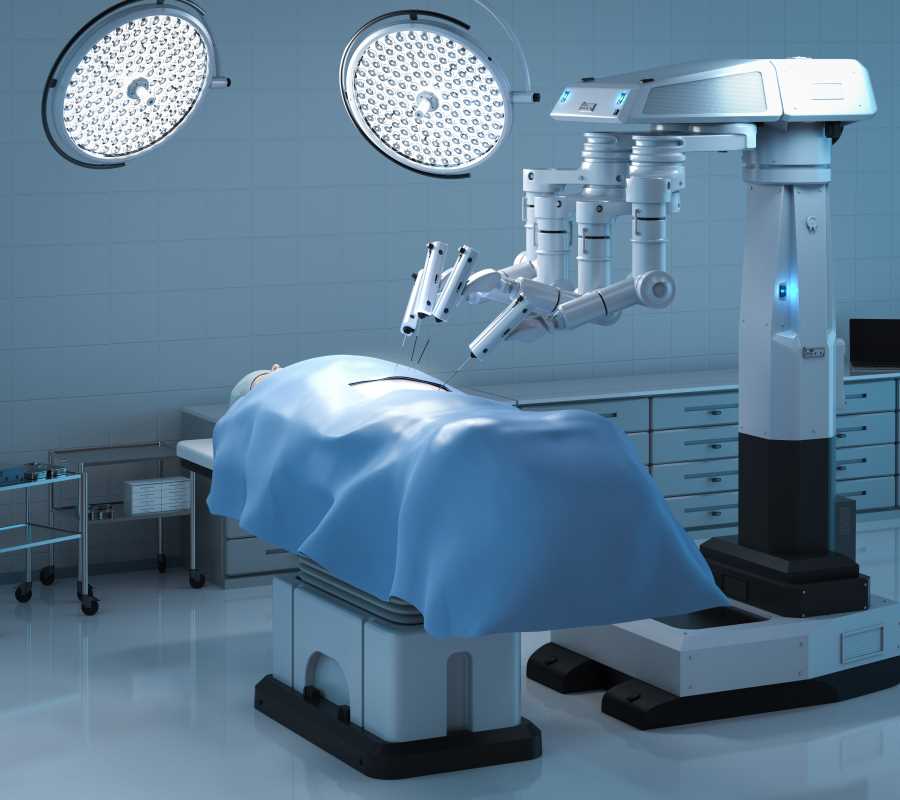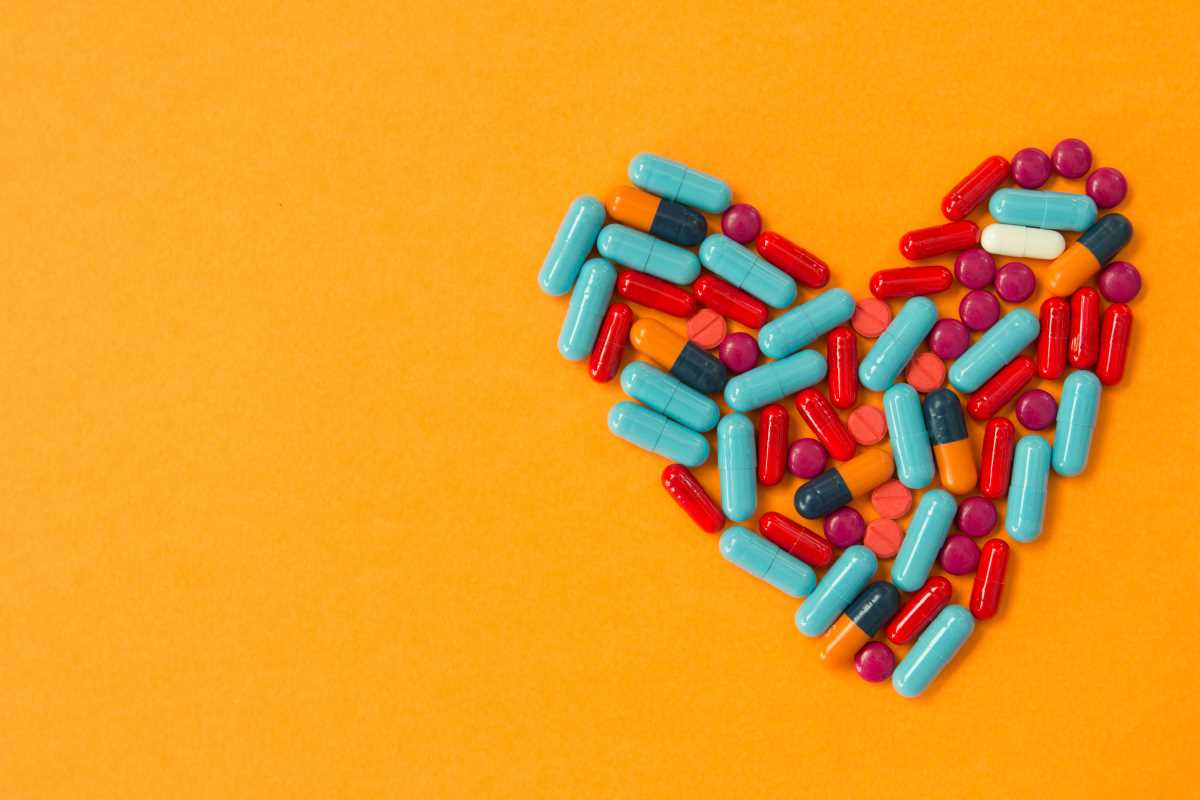Artificial intelligence is changing the world, and healthcare is one of the most exciting areas of transformation. Think of AI as a super-smart assistant for doctors, nurses, and researchers. It can analyze huge amounts of data way faster than any human ever could. This capability is leading to incredible breakthroughs that are making healthcare more personal, more effective, and more accessible for everyone. We're seeing AI help predict diseases before they happen, create new medicines in record time, and even assist surgeons in the operating room. The innovations happening right now in 2025 are paving the way for a future we once only imagined.
AI in Diagnostics: Seeing the Unseen
One of the biggest impacts of AI is in diagnostics, which is the process of figuring out what illness a person has. Medical images like X-rays, CT scans, and MRIs contain tons of tiny details. It takes a highly trained eye to spot signs of disease. AI algorithms, specifically a type called computer vision, can be trained on millions of these images. They learn to recognize patterns associated with different conditions, often with amazing accuracy.
This doesn't mean a robot is diagnosing you. A radiologist or doctor still makes the final call. The AI acts as a second set of eyes, flagging potential problem areas that a human might miss, especially after a long and tiring shift. This can lead to earlier detection of diseases like cancer, when they are much easier to treat.
Key Advances in AI-Powered Diagnostics
- Faster Image Analysis: AI can review a medical scan in seconds or minutes, a task that might take a human specialist much longer. This speeds up the entire diagnostic process.
- Improved Accuracy: Studies have shown that AI systems can sometimes detect diseases with higher accuracy than human experts alone. The combination of human expertise and AI power is the most effective approach.
- Predictive Analysis: Some AI tools don't just find existing diseases; they can predict the risk of future ones. By analyzing a patient's health records, genetics, and lifestyle data, AI can identify individuals at high risk for conditions like heart attacks or strokes, allowing for preventive care.
Personalized Medicine and Treatment Plans
Your body is unique. A treatment that works perfectly for one person might not work at all for another. This is where personalized medicine comes in. The goal is to create treatments and medical plans tailored specifically to an individual's genetic makeup, lifestyle, and environment. This has always been a dream for doctors, but it's been incredibly complex to achieve.
AI is making this dream a reality. Machine learning algorithms can sift through a person's entire health profile—their DNA, lab results, medical history, and even data from their smartwatch. The AI looks for connections and patterns that a human doctor couldn't possibly find on their own.
Based on this deep analysis, the AI can help a doctor choose the most effective drug with the fewest side effects for a particular patient. For cancer patients, this is revolutionary. AI can analyze the genetic profile of a tumor and predict which chemotherapy drug is most likely to destroy it. This avoids the painful trial-and-error process that many patients currently go through.
Revolutionizing Drug Discovery and Development
Creating a new medicine is a long, expensive, and often unsuccessful process. It can take more than a decade and cost billions of dollars to bring a single new drug to the market. Many promising drugs fail in the final stages of testing. AI is poised to change this entire system from the ground up.
Traditionally, scientists had to test thousands of chemical compounds one by one to see if they had any effect on a disease. It was like looking for a needle in a haystack. AI can speed this up dramatically. It can simulate how different molecules will interact with targets in the body, like a specific protein that causes a disease. This is a much more targeted and efficient approach.
How AI Accelerates Drug Development
- Identifying Drug Candidates: AI models can screen billions of virtual molecules in a short amount of time to find ones that might be effective against a specific disease.
- Predicting Drug Success: Machine learning can analyze data from past clinical trials to predict how likely a new drug is to succeed. This helps pharmaceutical companies invest their resources more wisely.
- Designing New Drugs: Generative AI, similar to the technology that creates art or text, can now design entirely new molecules from scratch that are optimized to fight a specific disease.
AI-Powered Wearables and Remote Monitoring
The healthcare of the future isn't limited to hospitals and clinics. It's happening on your wrist, in your home, and wherever you go. Wearable devices like smartwatches and fitness trackers have become common, but in 2025, they will be more powerful than ever thanks to AI.
These devices are no longer just for counting steps or tracking sleep. They are becoming sophisticated health monitors. Built-in AI algorithms can continuously analyze the data from their sensors—like your heart rate, blood oxygen levels, and body temperature. The AI learns what's normal for you.
- When it detects something abnormal, like an irregular heartbeat (atrial fibrillation), it can alert you and your doctor immediately.
- This allows for real-time monitoring of chronic conditions from the comfort of your home.
- It reduces the need for frequent hospital visits and gives both patients and doctors peace of mind.
- For elderly people living alone, these devices can even detect falls and automatically call for help, providing a critical safety net.
The integration of AI into healthcare is not about replacing the human touch. It's about enhancing it. Doctors, nurses, and researchers are still at the heart of medicine. AI is a powerful tool that helps them do their jobs better, faster, and with more information than ever before. It frees them from repetitive tasks so they can focus on what they do best: caring for patients.
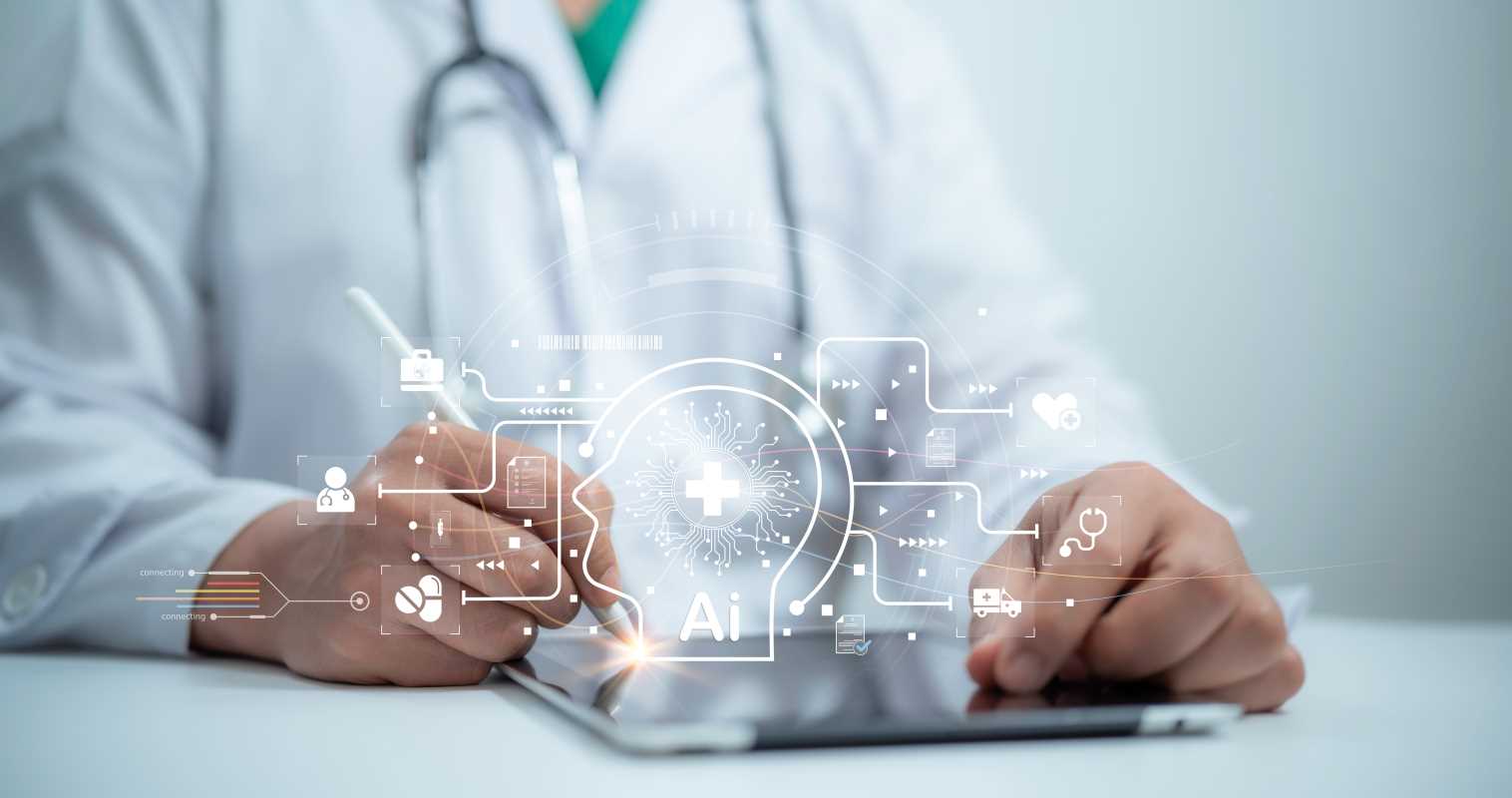 (Image via
(Image via